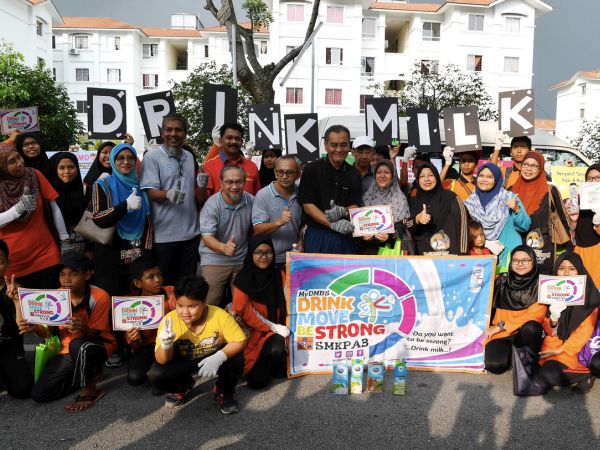3,488 dengue cases in KL, Putrajaya so far this year

KUALA LUMPUR, July 28 (Bernama) -- A total of 3,488 dengue cases with six deaths were recorded in Kuala Lumpur and Putrajaya from January until July 21, said KL and Putrajaya Health director Dr Zainudin Abdul Wahab.
He said the number was an increase of an average of 195 cases weekly over the past 10 weeks.
Dr Zainudin said the highest case was recorded last week with 278 cases compared to 224 cases the previous week, an increase of 54 cases (24.1 per cent).
He told Bernama when met at an integrated 'gotong-royong' (mutual help) exercise against dengue which was launched by Batu MP P.Prabakaran in Kepong here today.
Meanwhile, in IPOH, Perak Housing, Local Authorities, Public Transportation, Non-Muslims Affair and New Villages Committee chairman Paul Yong Choo Kiong said the dengue cases in the state showed a significant decline of 1,739 cases from January until July compared to the 4,318 cases during the corresponding period last year.
Yong said the sharp decline was due to the public awareness as well as the efforts of the local authorities in dealing with the disease.
"What we can say is that people are more aware of the danger of dengue. Many areas with dengue cases have been cleaned and well maintained," he said.
In BUKIT MERTAJAM, Deputy Health Minister Dr Lee Boon Chye said there was a 10 to 20 per cent increase in dengue fever cases each week since May nationwide due to the rainy and hot weather.
He said the situation was expected because when the weather was hot and rainy, the number of Aedes larvae would also increase.
"Overall, the dengue cases have dropped 31.5 per cent from January until yesterday compared to the corresponding period last year, the number of deaths also dropped from 131 last year to 61 this year."
"But we have seen an upward trend since May due to the rainy and hot weather. Rain will cause stagnant water and when the weather is hot, the larvae will hatch into mosquitoes," he told reporters after launching the mega gotong-royong at Taman Pauh Indah here.
-- BERNAMA
HealthEdge
EXCLUSIVE

Pet Vaccination, Public Awareness And Surveillance Key Towards Rabies-free Southeast Asia - Experts
KUCHING, Dec 11 (Bernama) -- The goal of making Southeast Asia free from human rabies can be achieved through a total understanding of the disease, how it can be prevented and responsible pet ownership among communities, say experts.
read more ››IN FOCUS

TAVI KAEDAH BAIK PULIH INJAP JANTUNG TANPA PEMBEDAHAN



